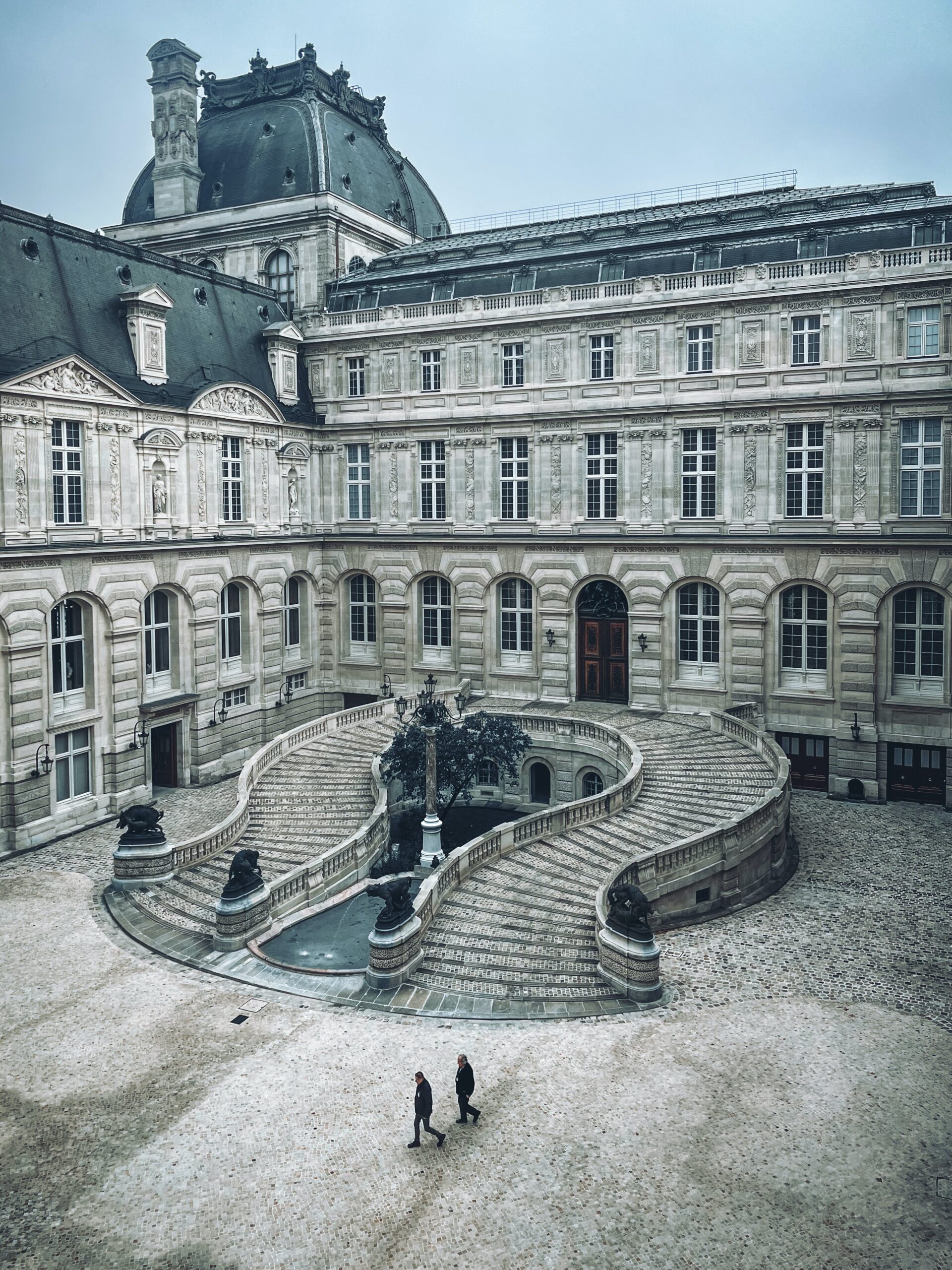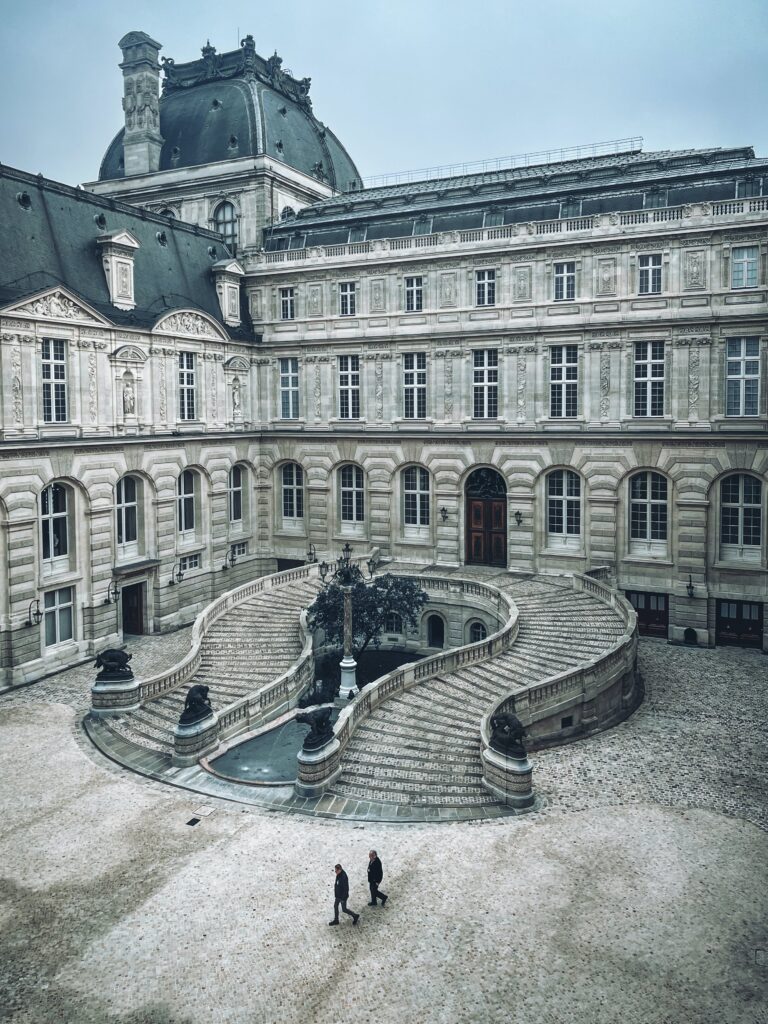
Navigating the Literary Landscape: A Guide to Literature Genres
Quick Reference Guide
| Genre Type | Major Subgenres |
|---|---|
| Fiction | Novel, Short Story, Mystery, Thriller, Science Fiction, Fantasy, Historical Fiction, Romance |
| Non-Fiction | Biography, Autobiography, Memoir, Essay, Travel Writing, Self-Help |
| Poetry | Lyric Poetry, Narrative Poetry, Haiku, Free Verse |
| Drama | Tragedy, Comedy, Drama |
| Other Genres | Satire, Parody, Horror |
Unveiling the Tapestry: Dive into Literature Genres
Literature genres, a vast and enchanting realm, each offering a unique lens through which stories are told. Let’s embark on a journey through the diverse landscape of literature genres.
1. Fiction
a. Novel
The novel is a narrative work of fiction of considerable length. It spans various subgenres, from romance to science fiction, offering readers immersive experiences in richly developed worlds.
b. Short Story
Short stories are brief fictional works that capture a single theme, character, or situation. They demand concise storytelling, often leaving a lasting impact with their brevity.
c. Mystery
Mystery novels revolve around solving a crime, often featuring detectives or amateur sleuths. They engage readers with puzzles and unexpected twists.
d. Thriller
Thrillers aim to evoke intense emotions, typically centered around suspense and excitement. They often involve protagonists facing high-stakes situations.
e. Science Fiction
Science fiction explores speculative concepts, futuristic technologies, and alternate realities. It delves into the impact of scientific advancements on society and individuals.
f. Fantasy
Fantasy transports readers to magical realms, introducing mythical creatures, magical powers, and epic quests. It invites them to suspend reality and embrace the extraordinary.
g. Historical Fiction
Historical fiction is set in a specific historical period, intertwining fictional narratives with real historical events. It provides readers with a vivid glimpse into the past.
h. Romance
Romance novels focus on love and romantic relationships. They encompass various subgenres, from historical romance to contemporary love stories.
2. Non-Fiction
a. Biography
Biographies narrate the life stories of real individuals. They offer insights into the achievements, struggles, and personal journeys of notable figures.
b. Autobiography
Autobiographies are accounts of a person’s life, written by the subject themselves. They provide a firsthand perspective on experiences and reflections.
c. Memoir
Memoirs are personal narratives that delve into specific experiences, emotions, or themes within an author’s life. They offer a reflective and often introspective lens.
d. Essay
Essays are short non-fiction pieces that explore a particular topic, idea, or personal perspective. They can be informative, persuasive, or reflective.
e. Travel Writing
Travel writing captures the author’s experiences and observations during their journeys. It blends personal anecdotes with insights into different cultures and landscapes.
f. Self-Help
Self-help books aim to guide readers in personal development, offering advice and strategies for improving various aspects of life.
3. Poetry
a. Lyric Poetry
Lyric poetry expresses personal emotions and feelings, often with a musical quality. It encompasses various forms, including sonnets, odes, and elegies.
b. Narrative Poetry
Narrative poetry tells a story through verse, combining elements of storytelling with poetic language. Epic poems are a notable example of this genre.
c. Haiku
Haiku is a traditional form of Japanese poetry characterized by its three-line structure and focus on capturing a moment or scene in nature.
d. Free Verse
Free verse poetry lacks a strict rhyme or meter, allowing poets greater freedom in expression. It embraces natural speech patterns and diverse rhythms.
4. Drama
a. Tragedy
Tragedy explores themes of suffering, fate, and the downfall of the protagonist. It often involves intense emotional experiences and thought-provoking narratives.
b. Comedy
Comedy aims to entertain and amuse, often through humor and lighthearted storytelling. It explores the lighter side of human experiences.
c. Drama
Drama encompasses a broad range of plays and scripts designed for performance. It delves into conflicts, relationships, and societal issues.
5. Other Genres
a. Satire
Satire uses humor, irony, or ridicule to critique and mock societal issues, politics, or human behavior.
b. Parody
Parody mimics the style of a particular genre, work, or author for comedic effect. It often involves exaggeration and satire.
c. Horror
Horror literature aims to evoke fear and suspense. It explores supernatural elements, psychological terror, and the darker aspects of human nature.
Conclusion: A Literary Panorama
Literature genres offers something for every reader’s taste. Whether you’re drawn to the imaginative realms of fantasy, the introspective musings of poetry, or the pulse-pounding suspense of a thriller, literature genres are a boundless universe waiting to be explored.
Read more about literature genres
Looking for the place where this picture was taken?
Comment on our instagram and we will reply.




